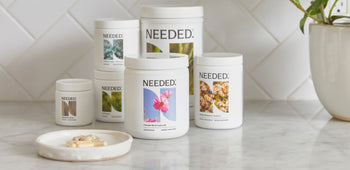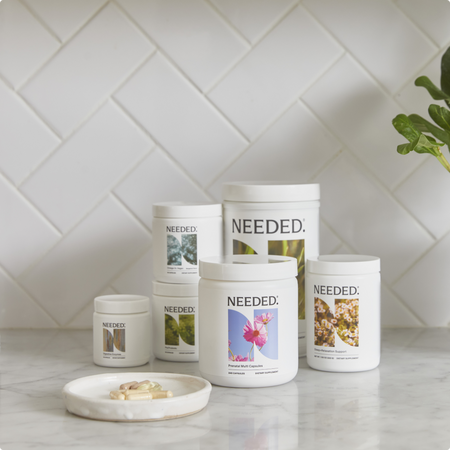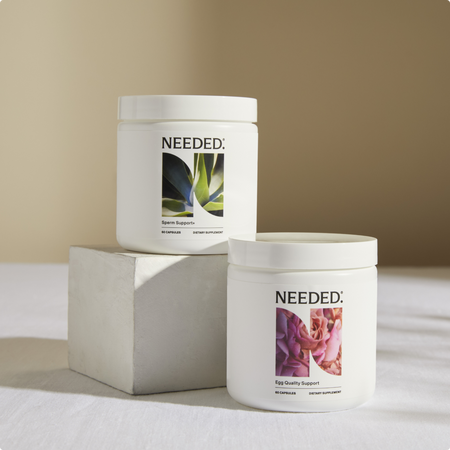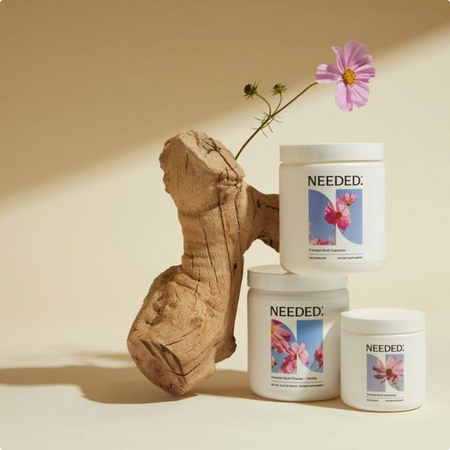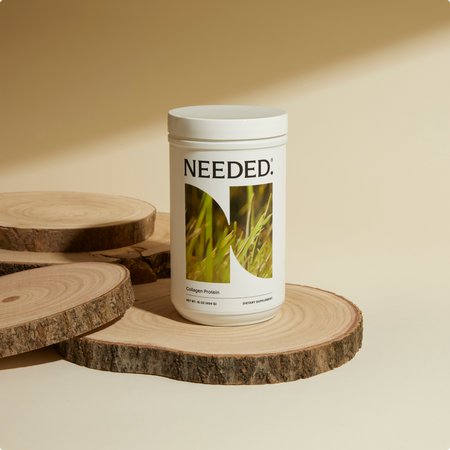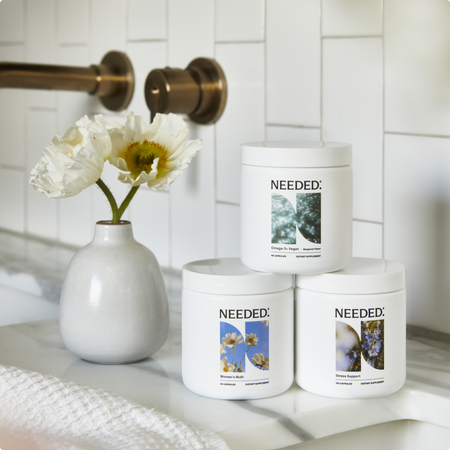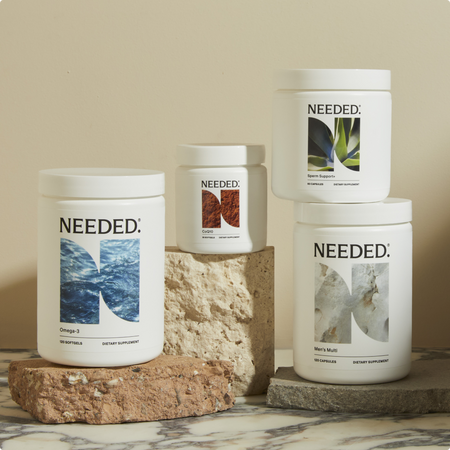If you are a woman in your 30’s your Instagram feed might be making you feel like everyone is having babies later in life, and the truth is you’re not imagining it. It’s not just an algorithmic echo chamber of career-focused 30-somethings and glowing 40-year-old bump photos. It’s real. According to a new report from the CDC’s National Vital Statistics System, births among women in their 40s have more than tripled since 1990, while teen birth rates have dropped to a historic low.
This is more than just a trend. It’s a seismic shift in when and how we become mothers. And it’s raising big questions: What does this mean for our health? Our families? And the way we think about aging and motherhood in general?
A Historic Shift: More Babies Are Being Born to Women Over 40 Than to Teens
That fact alone speaks volumes. For decades, teen pregnancy was a focal point of health campaigns, public policy, and parenting fears. But now, for the first time in recorded U.S. history, women over 40 are having more babies than teenagers.
There are a lot of reasons behind the shift: more women pursuing higher education, more control over reproductive choices, career and financial stability, advances in fertility treatments, and changing cultural attitudes about what it means to be a mom.
For many, waiting until later in life just makes sense. You’re more self-assured. Maybe you’ve found the right partner, or decided you don’t need one to become a parent. You’re bringing hard-earned emotional intelligence to the table, along with a deeper sense of self. And likely have more of a financial reserve to support you in a time where childcare is often more expensive than rent.
But how does having a child at an older age impact your health.
The Health Realities of Later Motherhood
Having children in your 40s brings a unique set of health considerations. Statistically, there's a higher risk of complications such as gestational diabetes, preeclampsia, and chromosomal conditions. Fertility typically declines with age, and some women spend years navigating IVF or other assisted reproductive technologies. Still, this isn't always the case and many conceive naturally and have healthy pregnancies.
Interestingly, older mothers are often healthier in other ways. Research shows they tend to breastfeed longer, are more likely to have planned pregnancies, and often possess greater financial stability and emotional maturity. In fact, studies suggest that having children later in life, particularly after age 33, is linked to increased maternal longevity. Women who had their last child after 33 were more likely to live to 95 or beyond compared to those who had their last child before 30. Some studies even suggest that giving birth after 40 is associated with a higher likelihood of living to 100.
In short, having children later in life isn’t necessarily better or worse—it’s just different. It calls for more proactive healthcare and a strong support system. But it also brings a kind of grounded wisdom and perspective that younger versions of ourselves may not have had.
How This Shift Affects Us: Young Children and Aging Parents
As older parents, many of us enjoy greater stability in our home lives but we’re also shouldering more invisible labor. Increasingly, women who delay motherhood find themselves part of the “sandwich generation,” simultaneously caring for young children and aging parents. One week might include preschool drop-offs, toddler tantrums, and coordinating your mom’s medical appointments. It’s a lot to carry, logistically, emotionally, and mentally.
Whether your mother had you at 22 or 42, becoming a parent often brings a heightened awareness of her aging and your own future health. If you’re in your 20s, 30s, or early 40s, you may find yourself living two parallel realities: nurturing your kids while worrying about your parents’ well-being. It’s a complex, often unspoken shift that requires resilience, support, and a reimagining of what it means to care for multiple generations at once.
Perimenopause or Postpartum a Unique life stage
Older moms often find themselves in the unique position of navigating both postpartum recovery and the onset of perimenopause—two major hormonal transitions that can overlap and amplify each other. While adjusting to the physical and emotional demands of new motherhood, they may also experience symptoms like hot flashes, mood swings, sleep disturbances, and irregular cycles that are typical of perimenopause. This overlap can make it harder to distinguish what’s postpartum and what’s hormonal aging, potentially complicating diagnosis and treatment. It requires a more nuanced approach to care—one that acknowledges how the body is simultaneously healing from childbirth while also entering a new reproductive phase.
Aging, Parenthood, and the New Definition of "Later"
In previous generations, women over 40 were often considered “done” with the early parenting years. Now, many are just getting started. That means the traditional ideas of when you’re “too old” to be a mom, too tired for babies, or too set in your ways? They’re being challenged and rewritten.
Yes, it can be physically harder. And yes, it’s okay to admit that. But it can also be joyful, intentional, and deeply fulfilling. Being a mom later in life doesn’t mean you missed the boat. It might just mean you built a better one.
The Bottom Line
One thing is clear: motherhood is shifting, and we’re living through the transition.
Older moms aren’t rare anymore. They’re us. They’re our friends. They’re our role models. They’re our future. And while the path might look different than it did for previous generations, it’s just as rich, complicated, and worth celebrating.
So if you’re wondering whether it’s too late, too risky, or too “different” to be a mom later in life? The data and the lived experience of millions of women, say otherwise.
